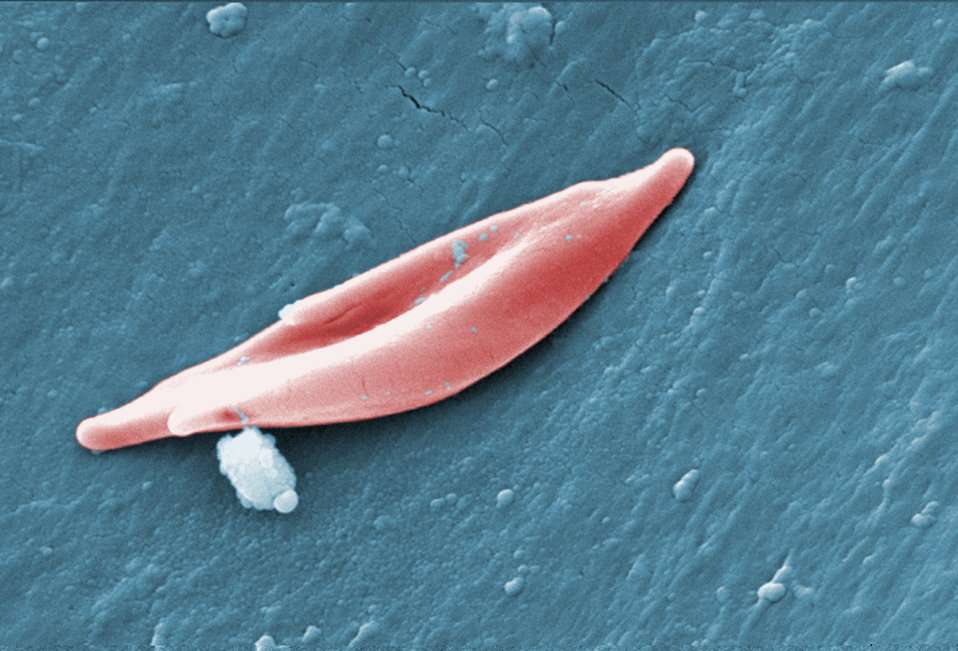Voxelotor: increased hemoglobin, reduced hemolysis markers in sickle cell disease
Voxelotor increased hemoglobin levels and reduced markers of hemolysis compared to placebo in patients with sickle cell disease, according to results of a randomized phase III study published in The New England Journal of Medicine
Presenting the results from the randomized, placebo-controlled, Phase III, HOPE trial (NCT03036813) of Hemoglobin Oxygen Affinity Modulation to Inhibit HbS PolymErization, Jo Howard of Guy’s and St Thomas’ NHS Foundation Trust, London, explains how the data show a significant improvement in anemia and hemolysis in this patient group, indicating that voxelotor has the potential to prevent chronic organ damage.
Dr Howard commented:
“it was safe and well tolerated, with no major safety concerns, and VOCs were actually reduced, despite the marked increase in hemoglobin”.
With data indicating high efficacy and low toxicity, the use of voxelotor could markedly improve the clinical outcomes of sickle cell disease patients, Jo went on to say:
“This has the potential to reduce the morbidity in sickle cell disease and to improve the lives of our patients.”
- Vichinsky E, Hoppe C.C, Ataga K.I, Ware R.E, Nduba V, El-Beshlawy A, Hassab H, Achebe M.M, Alkindi S, Brown R.C and Diuguid D.L. A Phase 3 Randomized Trial of Voxelotor in Sickle Cell Disease. New England Journal of Medicine. 2019; 8;381(6):509-519.
Written by Thomas Southgate
Edited by Cally Cameron Smith








